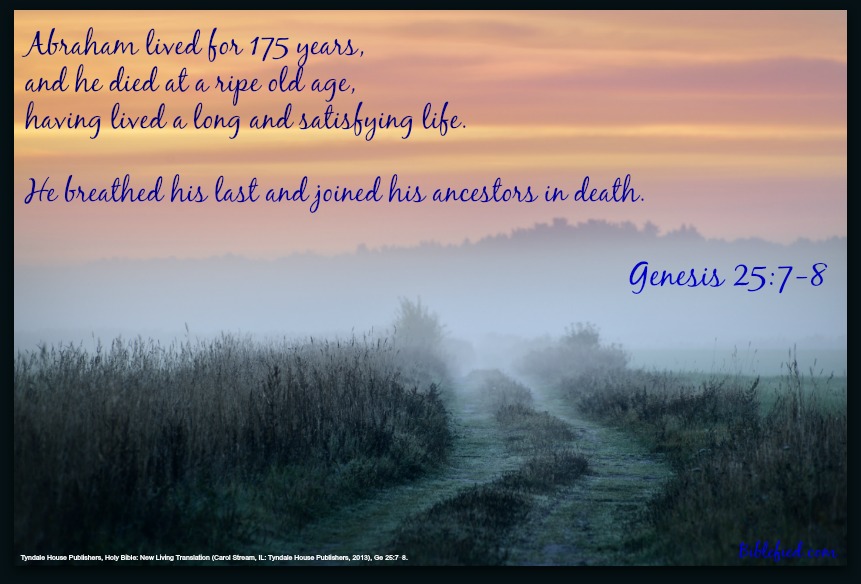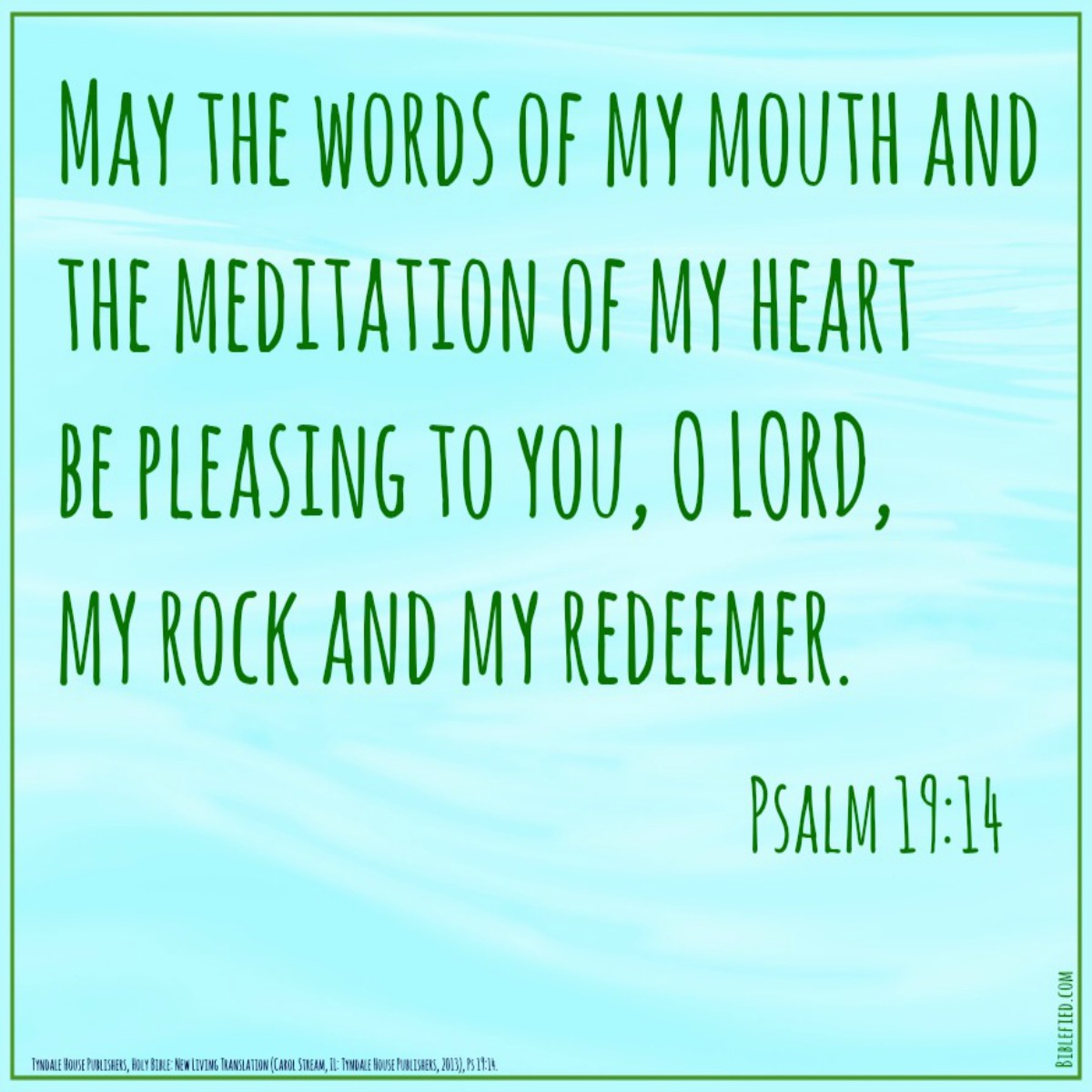|
|
Genesis Chapter 25 Questions and Answers
In Genesis Chapter 25, we see the death of Abraham and his son Ishmael. We also see that Abraham took another wife and becomes a grandfather.
Day One
1. From your review of chapter 25, how many children, grandchildren, and great-grandchildren of Abraham are listed?
Although no females are named and therefore arent listed here, Abraham probably had many daughters, granddaughters, and great-granddaughters in addition to his male descendants.
8 Sons of Abraham from Genesis chapter 25

Sons of Abraham and Keturah in verse 2:
1. Zimram
2. Jokshan
3. Medan
4. Midian
5. Ishbak
6. Shuah
Son of Abraham and Hagar in verse 12:
7. Ishmael
Son of Abraham and Sarah in verse 19:
8. Isaac
21 Grandsons of Abraham from Genesis chapter 25
|
Sons of Jokshan in verse 3: 1. Sheba 2. Dedan Sons of Midian in verse 4: 3. Ephah 4. Epher 5. Hanoch 6. Abida 7. Eldaah Sons of Ishmael in verses 13, 14, and 15: 8. Nebaioth 9. Kedar 10. Adbeel 11. Mibsam 12. Mishma 13. Dumah 14. Massa 15. Hadad 16. Tema 17. Jetur 18. Naphish 19. Kedemah Sons of Isaac in verses 24, 25, and 26: 20. Esau 21. Jacob |
 |
3 Great-grandchildren of Abraham in Genesis chapter 25
Although we can't be sure of the exact number (remember God said they couldn't be counted - see Genesis 13:16); there are at least three great-grandchildren in this chapter:
Sons of Dedan in verse 3:
1. Asshurim
2. Letushim
3. Leummin
These 3 great-grandchildren represent people groups known by their names here from verse 3 of chapter 25.
2. Chapter 25 describes the death of both Abraham and his son Ishmael. How are the descriptions different and how was this difference a fulfillment of prophecies?
The Descriptions of their Deaths
They are both described in similar fashion:
- this is the length of his life and the number of years that the lived
- he took his last breath and died
- he was gathered to his people
But there's something that's added to the description of Abraham's life that's not included in Ishmael's description. The following provides an overview of how some different translations describe Abraham's life that's not included with the description of Ishmael's life.
- Abraham died "old and contented" according to the Holman Christian Standard Bible.
- The English Standard Version described Abraham as having died "in a good old age, an old man and full of years".
- The New American Standard translation says that Abraham died "in a ripe old age, an old man and satisfied with life".
- Abraham died "an old man and full of years" according to the New International and the New King James Versions.
Also, the narrator says that Abraham is buried but leaves this detail out regarding Ishmael.
The Prophecies Fulfilled
Victor Hamilton in his New International Commentary on the Old Testament, The Book of Genesis notes that Abraham didn't only die at an old age, but that had a happy life. He states that Abraham "was in a frame of mind filled with inner shalom and satisfaction."
God promised this to Abraham in Genesis chapter 15, verse 15. This is
where God told him that he would go to his fathers in peace and be
buried at a ripe old age.
In Genesis chapter 16, verse 12, God foretold that
- Ishmael would live like a wild donkey
- Ishmael's hand would be against everyone
- Everyone's hand would be against Ishmael
- Ishmael would live at odds with all his brothers
This is confirmed
not just in the description of Ishmael's life, which omits a description that's included for Abraham of a life of peace and happiness; it's confirmed by the inclusion in verse 18 that Ishmael's life was lived in opposition to all his brothers.
Day Two

3. Abraham, Sarah, Isaac, and Rebekah all came from the same family line of Terah, Abraham's father. Terah was the father of both Abraham and Sarah, the grandfather of Isaac, and the great-grandfather of Rebekah.
What are some other ways in which the lives of Sarah and Rebekah and the lives of Isaac and Jacob were similar?
First, both Sarah and Rebekah were very beautiful (12:14; 24:16).
Secondly, both Sarah and Rebekah could not have children unless God intervened. Sarah's pregnancy was miraculous because of her advanced age (21:6-7). Although Rebekah's age was not known at the time of her pregnancy, it was the result of God answering a specific request for it through Isaac's prayer (25:21).
Third, both had two sons (16:1-4; 21:2; 25:24); and although Rebekah had both sons, Sarah had one by a concubine (Hagar).
Fourth, in both cases, the younger son was the one designated by God to be favored. It was through the younger son Isaac, not Ishmael, that God would confirm His covenant (17:21; 21:12); and it was Esau who would serve his younger brother Jacob (25:23).
Finally, both Sarah and Rebekah preferred their younger son over the older one. Sarah preferred Isaac (21:8-10) and Rebekah preferred Jacob (25:28).
Day Three
4. What can we learn about God from verses 19 through 26?
- God hears prayers.
- God knows the future.
- God is the author of life.
- God can see inside the womb.
- God is faithful to keep His promises.
5. Isaac was 40 years old when he married Rebekah (verse 20) and 60 years old when Esau and Jacob were born (verse 26). How old was Abraham when these events occurred? Also, how old were Esau and Jacob when Abraham died?
Because Abraham was 100 years old when Isaac was born (21:5), he was 140 years old when Isaac was married and 160 years old when his grandchildren were born.
Because Abraham died when he was 175 years old (verse 7), the grandchildren were 15 years old when he died.
This is remarkable that before his death, Abraham saw not just one grandson, but two who were born to Isaac and Rebekah. Another sign of God's promise about Abraham's numerous descendants.
Day Four
6. Jacob and Esau were brothers and naturally, they were competitive. This is nothing new. We saw this in the first brothers - Cain and Abel, and we've seen it also in Isaac and Ishmael.
But the rights of the first-born brother aren't always recognized by God. We see that here in God's promise to bless Isaac and Jacob who weren't the first born. This was the case with David also who was chosen as king above his seven older brothers.
God has mercy and chooses according to His own counsel and His own reasoning. We learn from the Bible that we don't see what God sees in people because God can see our hearts while we only see what's visible (I Samuel 16:7).
How can we avoid judging others based on their outward appearances?
Your answer here
7. Why is it ironic that Esau asked Jacob for some of his red stew?
Esau was a cunning hunter, yet he was hungry after returning from a hunt. In his commentary, Creation and Blessing, Allen P. Ross suggests that there's an ironic play on the Hebrew words and their sounds in this story. With an understanding of the Hebrew, it's Jacob who's seen as the skillful hunter laying in wait for the wild animal (Esau) and successfully captures him.
Day Five
8. Hebrews 12:16 says that Esau was immoral and irreverent or unholy because he sold his birthright for a single meal. Too often today, like Esau, we give into our sinful desires for instant gratification that cause us to sacrifice our eternal rewards.
What are some examples of this from our culture and personal lives?
Your answer here
We pray these Genesis Chapter 25 questions and answers have been a blessing to you.